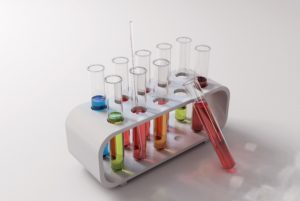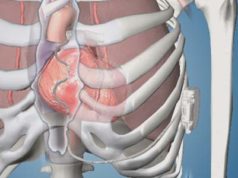
The American Heart Association has awarded research grants of more than US$14 million to four scientific teams to create a new research network focused on cardiac arrhythmias and sudden cardiac arrest.
The teams, based at Northwestern University, the University of Michigan, the University of Washington, and Vanderbilt University Medical Center, will each receive more than US$3.7 million through the AHA’s Strategically Focused Research Network grants initiative to form a national collaboration of scientists.
As well as developing, testing, and implementing innovative new ways to help prevent and treat heart arrhythmias and sudden cardiac arrest, the centres will explore the roles of genetics and gender to try to better identify and treat people most at risk. New treatments being developed include a drug delivered by nasal spray or injection that can be used during cardiopulmonary resuscitation (CPR) to help protect the brain, and a drug that can normalise calcium in heart cells to prevent a deadly arrhythmia. Other plans are to design processes to improve the response time for CPR and defibrillation, and to develop tools to help clinicians better use genetic information in health care settings.
A press release from the AHA states that the findings from the research centres will provide a basis to generate more effective ways to prevent and treat arrhythmias and sudden cardiac arrest.












